A Saab commercial says it all:
"If you stand for something, then you will always find people against you. If you stand for nothing, you will find nobody against you and nobody for you." From what Saab has dished out in its 57 year history, it is obvious which path Saab has taken. The unique flow and form of the Saab is a heritage from the 16 aircraft engineers who founded the company in 1949, only one of whom had a driver's license. This is apparent in the cockpit-like interiors, the aerodynamic body and Saab parts, the conscious mimicking of aircraft features in the overall design of the car.
A line in Tori Amos' song Ireland, "Driving in my Saab, on my way to Ireland", underlines the distinctly European make of the Saab. The name Saab is actually an acronym that stands for Svenska Aeroplan Aktiebolaget or the Swedish Aircraft Company. After World War 2, demand for the company's warplanes declined and Saab switched to car production. On December 1949, Saab began to manufacture its first ground-based vehicle, the Saab 92, so named because it was the company's 92nd design since making aircraft. The Saab 92 has aerodynamic lines and a decidedly aircraft look - the windshield steeply curves upward then slopes down gradually to the rear. If you put wings on each side of the Saab 92, the car would fit right in among World War 2 planes.

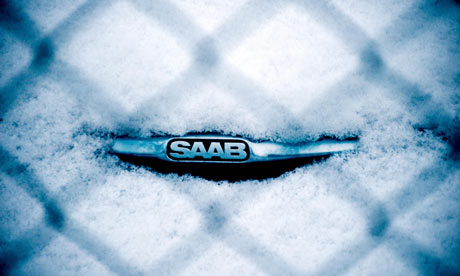
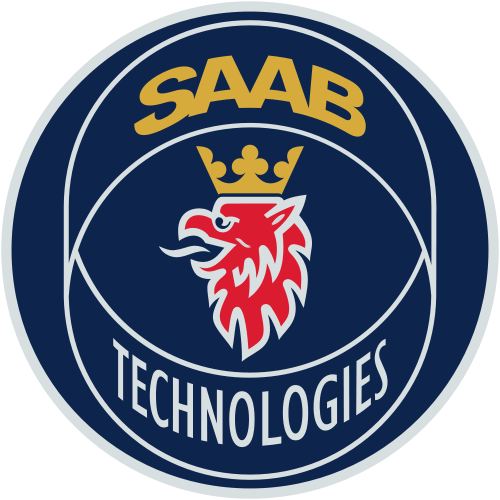
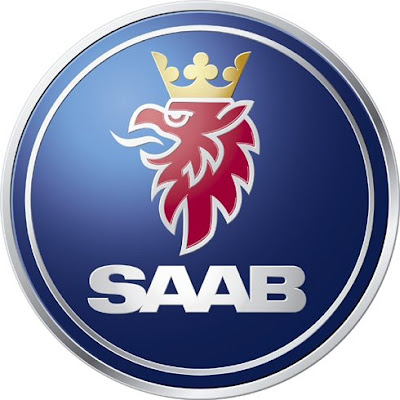

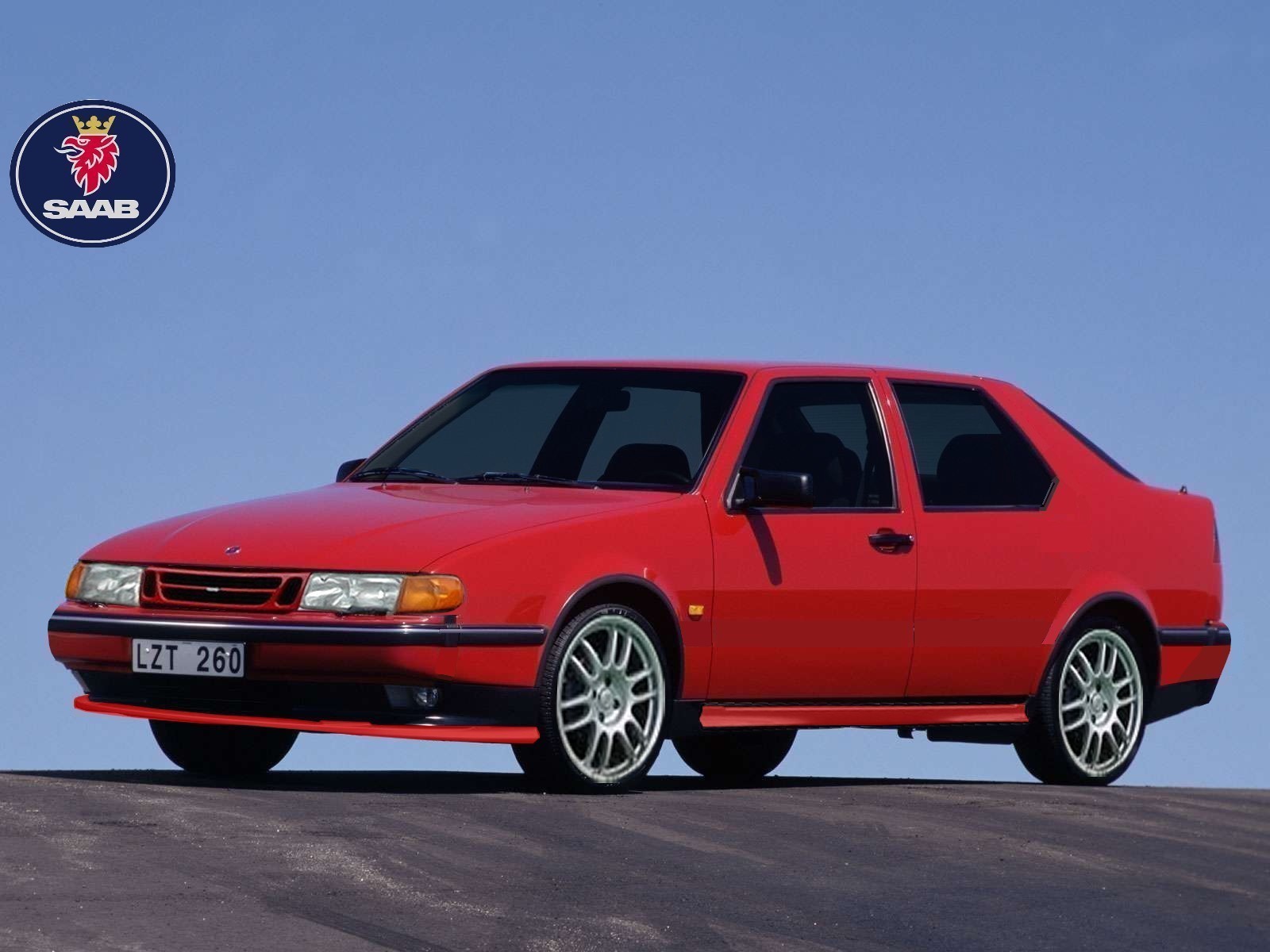
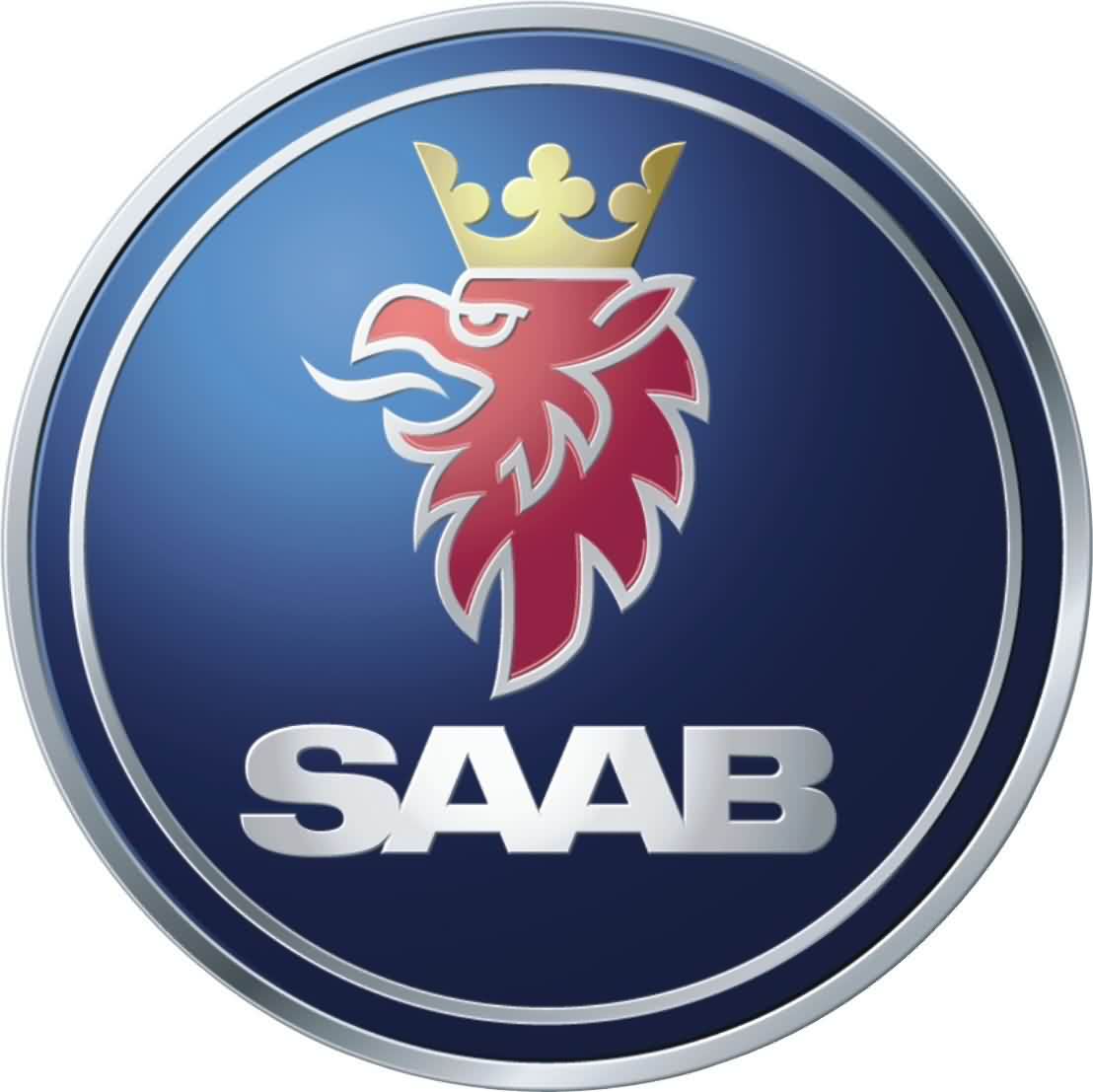
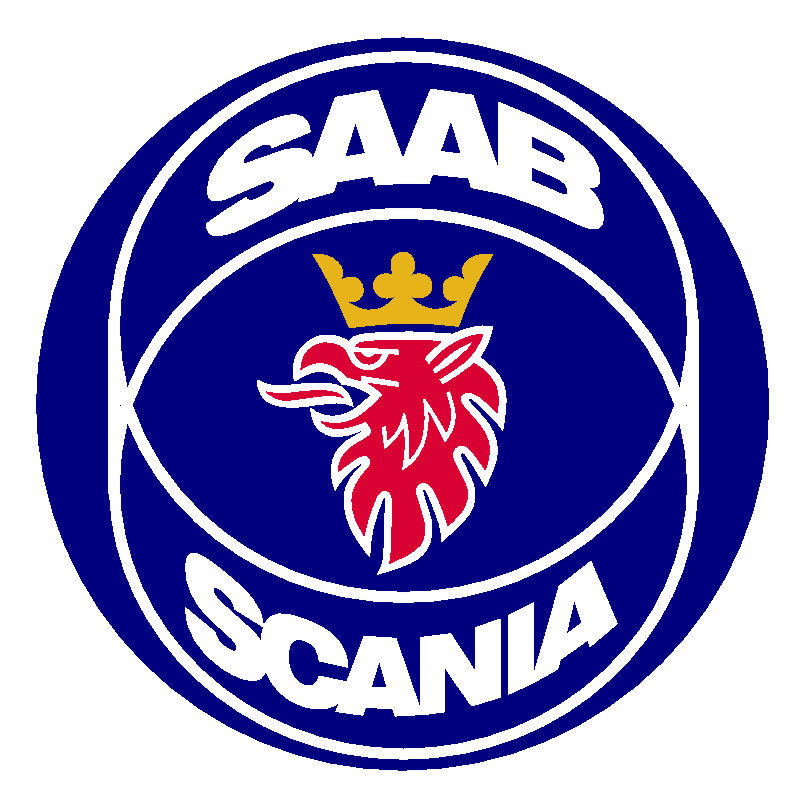
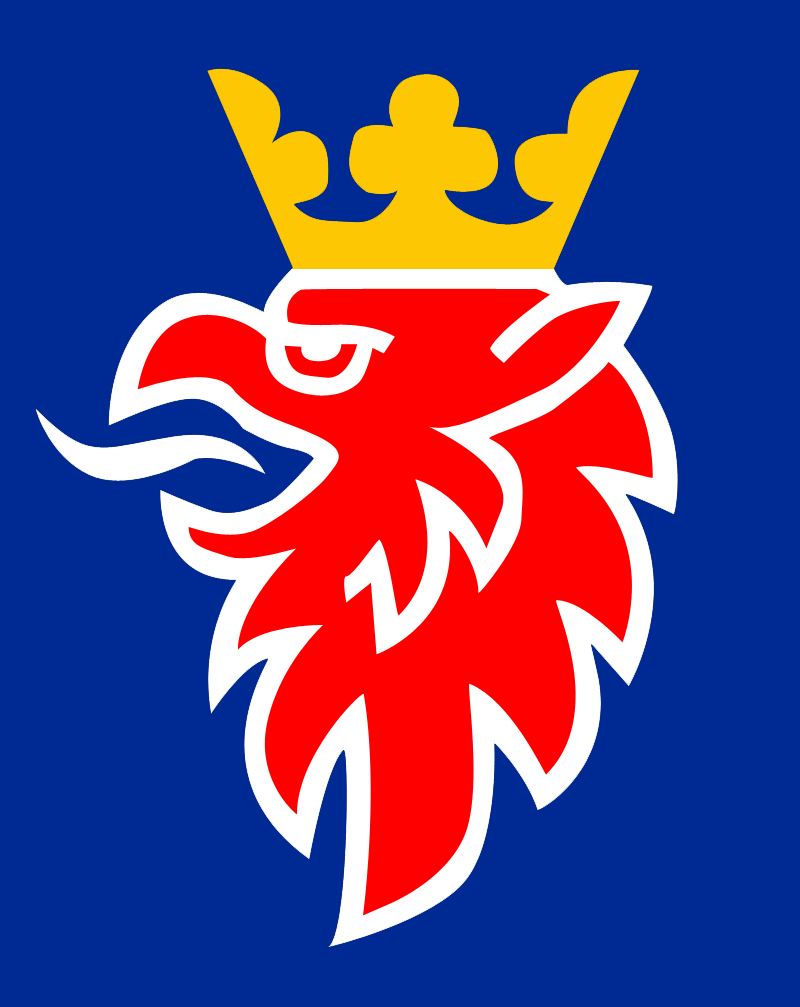 Overproduction in the late 1980s resulted in severe losses and General Motors later purchased the Saab brand. General Motors' practice of rebadging existing vehicles in its lineup as Saab drew some criticisms and alienated Saab loyalists. This contributed to Saab's worsening sales figures in the US, an irony considering Saab's record sales in Europe.
Overproduction in the late 1980s resulted in severe losses and General Motors later purchased the Saab brand. General Motors' practice of rebadging existing vehicles in its lineup as Saab drew some criticisms and alienated Saab loyalists. This contributed to Saab's worsening sales figures in the US, an irony considering Saab's record sales in Europe. Saab's history is intrinsically linked with racing. Early Saab models were successful in rally sport especially during the 1960s, with such famous Saab rally car drivers as Erik Carlsson and Stig Blomqvist dominating the European circuits. Erik Carlsson finished first in the the 1000 Lakes Rally (1957), Swedish Rally (1959), and German Rally (1959) in a Saab 93. A Saab 96 would later help him win the RAC Rally (1960, 1961, 1962), Akropolis Rally (1961), and Monte Carlo Rally (1962, 1963). Stig Blomquist would continue this winning tradition by placing first in numerous rallies from the late 60s to the early 70s, riding the Saab 96 V4. In 1980, Saab stopped participating in car rallies when race cars became more specialized and offer limited value for the improvement of Saab's standard production cars. Being a small company, Saab could no longer support its racing activities financially and fielding standard cars will mean losing to the more advanced race cars. Saab's involvement in car racing eventually led to several innovations. It pioneered the turbo engine, active head restraint systems, headlamp washers, impact-absorbing and self-repairing bumpers, and side-impact protection bars. Saab is aware of both its racing and aviation origins and this consciousness continues to shape the refinement of Saab parts and models.









No comments:
Post a Comment